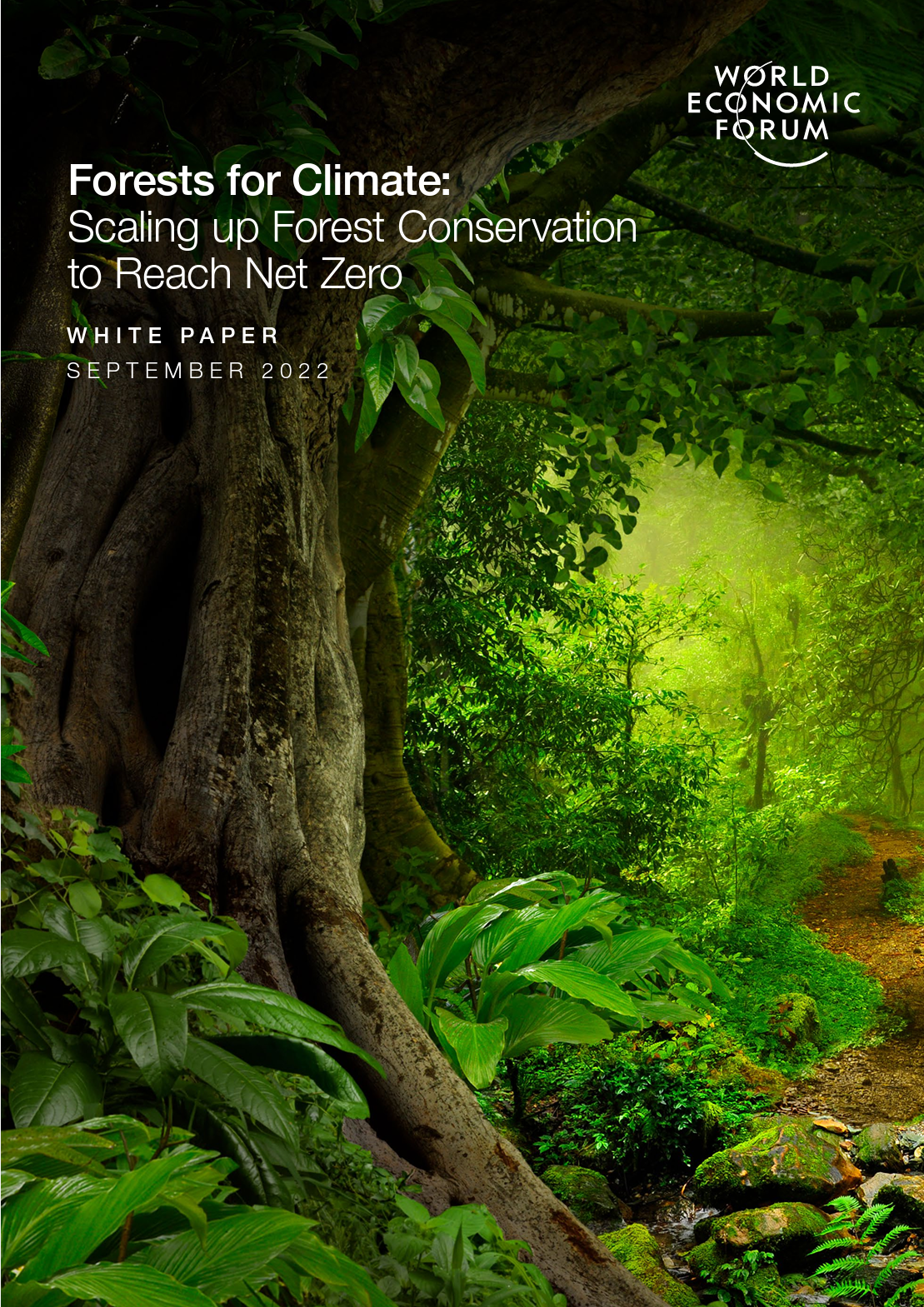Forests for Climate: Scaling up Forest Conservation to Reach Net Zero
Forests – and especially tropical forests – are one of the key components in addressing the dual crises we face of biodiversity loss and the climate crisis. Without the huge amount of carbon sequestration they provide, the planet would be unable to support life. In addition to this, 1.6 billion people depend on tropical forests for food, water, wood and livelihoods. They are essential to sustaining our life on earth. But increasingly, forests have been under threat from deforestation, threatening our collective future.
The World Economic Forum’s white paper on scaling up forest conservation to reach net zero, explains in more depth the importance of tropical forests, the threats they are facing and the urgent need for forest conservation programmes. Central to the paper is the role that the jurisdictional approach and jurisdictional REDD+ can play in quickly scaling up forest conservation. For those interested in jurisdictional approaches and REDD+ the paper points to helpful organisations, resources and recent developments such as the LEAF Coalition – the coalition bringing together the private sector and governments to provide finance for tropical and subtropical forest conservation that has has mobilized $1 billion USD.
Indigenous peoples are also highly impacted by deforestation and degradation, and the paper not only outlines how jurisdictional REDD+ can benefit these communities, but it explains through case studies in Guyana and Costa Rica how they can play more active roles in the planning stages of such initiatives.
